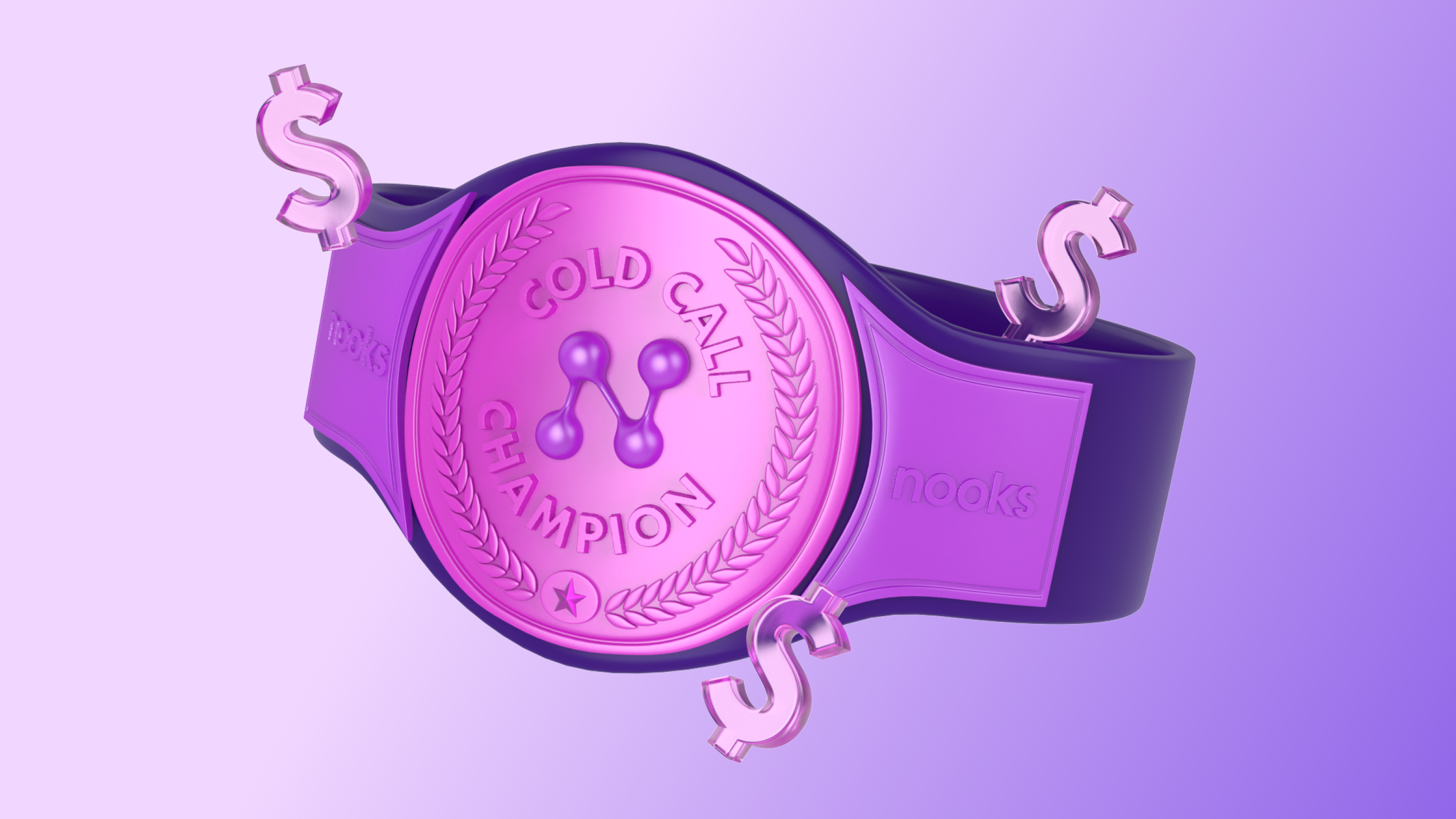When to hire Junior vs. Senior SDRs


I started my official leadership career hiring mostly junior (zero experience) SDRs onto our extremely fast growing team and recently shifted to only looking for and hiring senior (1+ years of experience) SDRs on to our team, and of course there’s a big difference.
But is one better than the other?
I very often get asked what I look for when hiring reps to the team and find myself asking more discovery questions than a prospect intro call before giving my answer - so I thought I’d break it down here for folks.
What are the pros and cons of hiring Junior vs Senior reps onto your team?
Hiring Junior Reps
There’s a lot of positives to hiring reps onto your team with zero previous experience.
- Longer time in role
Gone are the days where an SDRs expectation is or should be that they’ll be in the role for 1 year and then guaranteed an AE promotion. The market has changed and the needs of businesses are forever evolving. I often find hiring folks fresh out of school/brand new to sales, typically you’re looking at a ~5 month ramp rate, and depending on the complexity of your product/sales cycle, up to 8-10 months before they’re consistently reliable and blindly confident in what they’re doing. Ultimately you should be able to expect minimally 20-26+ months out of this hire coming in fresh.
- They’re hungry, eager and “moldable clay” [IYKYK]
Ever heard the phrase “you can’t teach an old dog new tricks' '? Of course you have, and it's a saying for a reason. It’s way harder to teach and change an experienced sales reps way of thinking and doing when it comes to prospecting and the things they’ve deemed are their strengths, weaknesses, likes and dislikes in the process. Freshies (can I call them that?) are extremely open minded and looking for anything and everything they can get their hands on for learning, testing and tweaking.
Folks getting their first gig in sales are hungrier and more determined than many other first run roles. They have something to prove to you, themselves, their friends, family, you name it. If they’re a good hire and bought into the grind, this is the prime time of their careers to be eager to learn as fast as possible and willing to put in the work (where it's most needed).
- You can find “Diamonds in the rough”
When you don’t have the “experience” or resume to fall back on, you have to be very clear and diligent on the type of PEOPLE you want on the team. Hopefully we’re always paying attention to this in any hiring cycle, but it becomes the most (and only) important thing without experience/defined skill sets to dig into. Understanding the characteristics you're looking for and digging into what experiences your candidates have gone through outside the corporate world becomes way more important. Bonus - it allows you to connect in interviews on a deeper level from my experience. [Check out our blog on Hiring Humans, Not Just Resumes to see what we focus on]
Hiring Senior Reps
- Significantly reduced ramp time
Training and onboarding alone are wildly different here. You’re no longer teaching folks the basics, you're giving them scripts and playbooks on what might be different or unique to your team and process. Moving from perhaps a 3-4 week onboarding plan to 1-2 weeks significantly reduces the time it takes for someone to be producing on the team and contributing to goals. Tack on the “ramp time” to gain confidence in what they're doing and how they handle objections, write emails - it's a significant savings in time to Opps. Let’s also not sleep on the learning curve of finding your “sales equilibrium”. How a rep learns how to handle and react to the highs and lows of sales mentally takes time and support, and ideally your senior folks have already gone through that learning when they join you.
- Elevated Opportunity for you as a leader
It's easy to rinse and repeat training a brand new SDR (sorry, not sorry personal opinion). Focus on the basics - mindset, output, quality, repeat. When you have senior folks on your team, with varying strengths and skill sets, you as a leader get challenged to think how to elevate them from good to great to even better - and therefore challenge yourself to step up beyond the basics. Your role is no longer day to day in the weeds coaching but understanding programs for promotion paths, career development, elevated skillset opportunities, the list goes on.
- Less Risk
Senior SDRs know what they’re in for and getting into. You don’t have to worry as much that they may wake up one day after a hard week and think “sales isn’t really for me”. They’ve likely gone through the ups and downs and decided to continue working towards that next step in the sales career journey and know success in this new role on your team is a means to get there.
So what does all this mean? Is it better to hire a junior team vs senior team or vice versa? Absolutely not! This entirely depends on your resources, leadership skill set, sales cycle complexity, company maturity and most importantly your onboarding + training program or support system. There is soo many amazing things about getting to work with sales reps early in their career whether you’re giving them their first shot or helping them get from one step to the next. Lean in, know who you’re hiring and have a plan in place to make them successful no matter their experience.


.png)
.avif)

